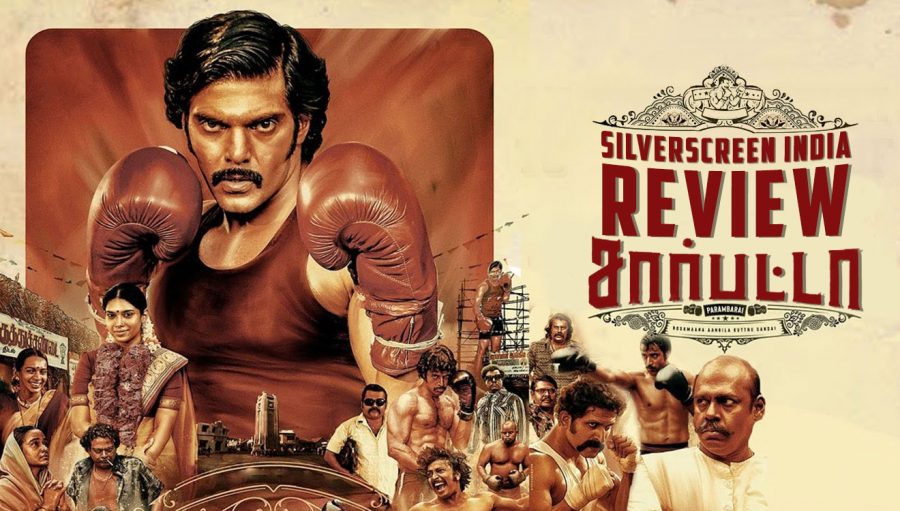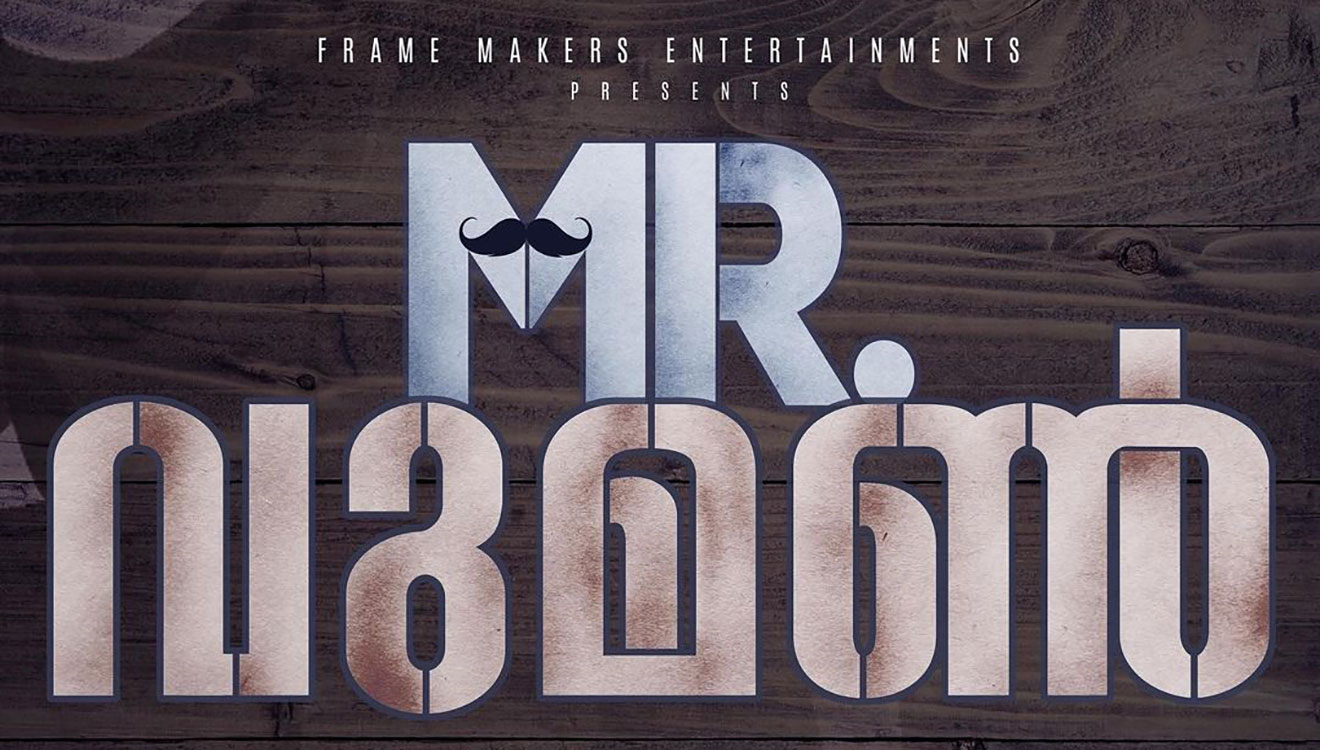That the women in Ranjith’s films are wonderful is no news. What perhaps is worth writing about is that the women cast in intimate roles with the male lead are consciously loud. Wife, mother, the daughter-in-law. You could call it a deliberate expression of strength – as in the case of Kaala’s Selvi, who ruled over her dominion and largely Kaala himself, and Kaala’s Puyal and Kabali’s Yogi, whose brashness also manifested in their relationships with the outer world. In Sarpatta Parambarai, the women are just as loud and speak one to a dozen, but there’s a certain helplessness to the rising decibel.
It’s a defining opening moment in the film. Kabilan (Arya), a young, aspiring boxer, is cheering his team on when his friends announce the arrival of his mother. He immediately cowers in anticipation, and as laughter surges around him, we are led into a flashback. Of Bakkiyam (Anupama Kumar as Kabilan’s mother) physically and verbally walloping her son to deter him from taking part in or spectating boxing tournaments. But beneath the fierceness of Bakkyiam’s temper, there’s ringing anguish. That’s really how Ranjith introduces us to his lead: a young man who aspires to enter the ring, but is held back by his mother who’d rather have him pursue a sedate job. You get the nudge that something’s not right and the backstory follows in due course, but not before we are introduced to Kabilan’s wife.
Dushara Vijayan is resplendent as Mariamma with beautiful nosepins that glitter against Sarpattai’s semi-dark palette. Even when silent, she is eloquent with her expressions. As a new bride, Mariamma tries to diminish her physical presence, but her eyes stream a whole range of emotions – teasing, playful, desirous. It’s this lovely dichotomy that the film imbues its characters with. As the hour passes though, she switches to high-decibel deliveries – biting, sarcastic – which manifest the changes in the relationship with her husband. This version of Mariamma stays long– with us, and in the film. Vijayan had remarked in an interview that her audition for Sarpatta had been a simple one. The director had just wanted her to scream. She did, unabashedly, and she was in.
In 1974, the same timeline that Sarpatta Parambarai traverses, Muhammad Ali, whom the film quotes, was edging past his prime. The US Supreme Court had overturned his conviction a few years earlier – for conscientiously refusing to enlist in the US army to serve in the Vietnam war – and his boxing license had just been restored. Later that year, Ali challenged the reigning heavyweight champion George Foreman to a match, famously known as the Rumble in the Jungle.
The location of the fight was a curious one. Mobuto Sese Seko, a brutal dictator and then President of Zaire (now Democratic Republic of Congo), an independent African nation, offered to host and fund the event. It was a shrewd political move for Seko who sought some good press for himself and his country.
The 1996 Academy Award-winning film When We Were Kings documented the fight and the run-up to the fight. A riot of colours, music, behind-the-scenes preparation, and a faceful of Ali and his cockiness, the film is a commentary on race, land, the champions’ relationships with both and each other, and the ensuing politics. The people of Kinshasa were overwhelmingly in favour of Ali, who represented black liberation and power, while Foreman was considered foreign in their shores. Ali, who did not have the odds in his favour after a four-year suspension from boxing, eventually won the fight in a stunning comeback, knocking out Foreman in the eighth round.
In Sarpatta Parambarai, two rival, warring clans – presumably from similar geographies compete to win a boxing title amid political and civil unrest. Woven into this sporting event are national, state and regional politics – the film is set in the backdrop of the Indira Gandhi-fuelled Emergency, and political affiliation marks the identity of every person that walks the film’s landscape. Kabilan’s wedding is solemnised in the presence of photographs of Ambedkar and Periyar, and his boxing coach is a shown to be a prominent DMK supporter, even as his son breaks away to join the MGR-led AIADMK in retaliation against his father who favours his pupil over him.
Recommended
This distinct interplay of relationship/family dynamics and personal politics is markedly Ranjith – and what a delight it is to watch. The conflict in Kaala was represented by two figureheads who were day and night, and the director didn’t just restrict the fight to the outdoors. He let the conflict in, to live and breathe within the intimate spaces of the protagonist. Embodied by Zarina, Kaala’s erstwhile love, who contradicts him and what he stands for, Ranjith develops a two-fold struggle, but is careful not to dehumanize her. In Sarpatta Parambarai – Ranjith’s titles are always tied to the name of a person, place, or in this case, a clan – the protagonist, Kabilan, puts up a fight on many fronts. There’s the opponent for all to see – the figurehead that he needs to vanquish, and then there are those conflicts closer home. With his mother, wife, the coach’s son, the coach’s former pupil – who is from his own clan, but belongs to a dominant caste… Kabilan almost loses these battles and also himself in the process. But that’s really when the story begins in earnest.
If the race to the boxing title is the more obvious conflict in Sarpatta Parambarai, giving it form, the significant fights outside the ring are what make the film.
*****
The Sarpatta Parambarai review is a Silverscreen original article. It was not paid for or commissioned by anyone associated with the movie. Silverscreen.in and its writers do not have any commercial relationship with movies that are reviewed on the site.



